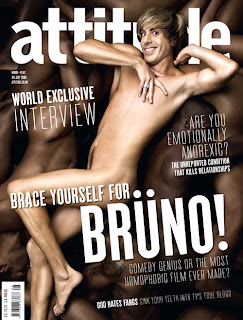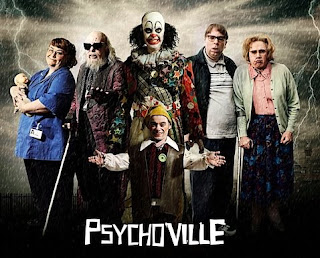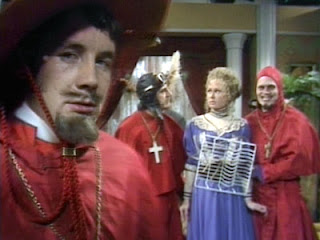As you’ve probably guessed, I try to avoid covering things which everyone else is talking about in this blog, mainly because other people tend to make more insightful remarks using far fewer words than I, but:
As you’ve probably heard, the writer-director John Hughes has died, aged 59. Hughes was an amazingly prolific screenwriter, and something you may not have known – because I didn’t until I read the BBC profile linked to above – is that he also wrote more recently under the pseudonym Edmond Dantes. I enjoyed his work less as time went on, but some of his films still hold up pretty darn well, for my money: Ferris Bueller’s Day Off, Planes, Trains and Automobiles and the slightly-less-well-known She’s Having A Baby are still worth your time. Some of his films were a bit emotional for my tastes, and his later works seemed aimed more at younger or family audiences than me, which is interesting if you’ve ever read his frankly rude writing in National Lampoon magazine, but he was clearly someone who could write for pretty much any audience, and the “You’re so conceited” outburst in The Breakfast Club sums up a lot of how I felt about the so-called popular kids at school.
Less well-reported, but also unwelcome news, is that Blake Snyder has died – like Hughes, of a heart attack, in his 50s. Snyder’s less of a name in the general film audience, but he was a very successful spec screenwriter, and – this is how I know of his work – he wrote a terrific book on screenwriting called Save The Cat! which is a lot more funny and pragmatic than a lot of other ‘paradigm’-based books on this subject. I heartily recommend this book to you – it’s riddled with excellent analyses of how existing films have used the structure Snyder advocates, and ones which didn’t – and it’s a genuine shame that one of the more human-level teachers of writing is gone.
And both of heart attacks, in their 50s? That’s an unpleasant coincidence, at the very least.









